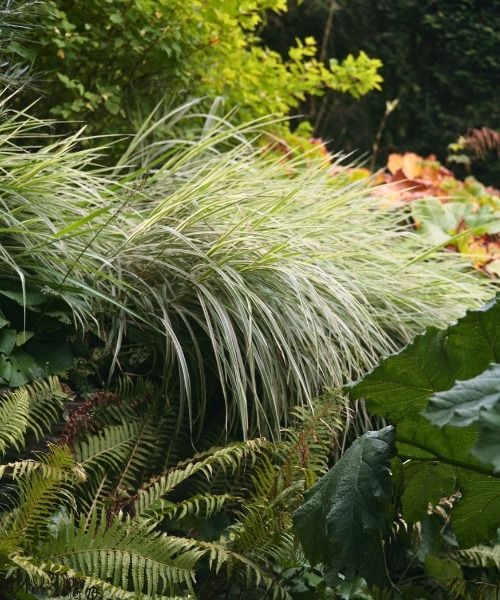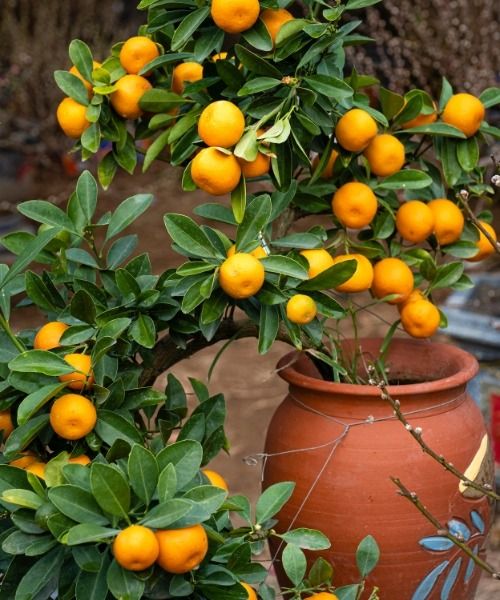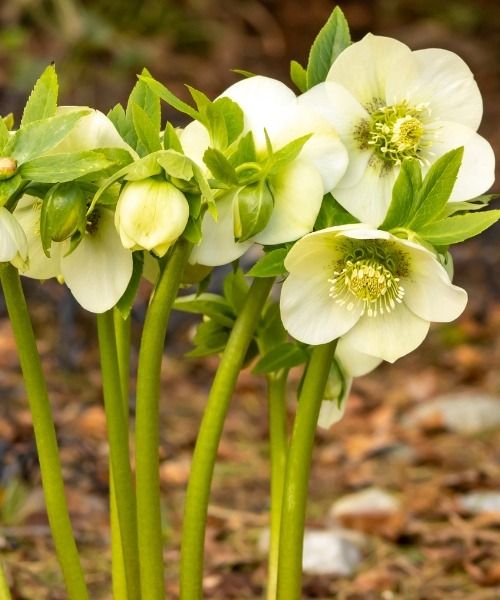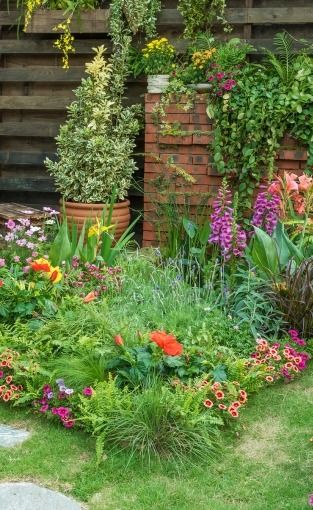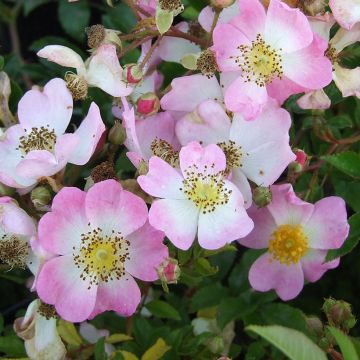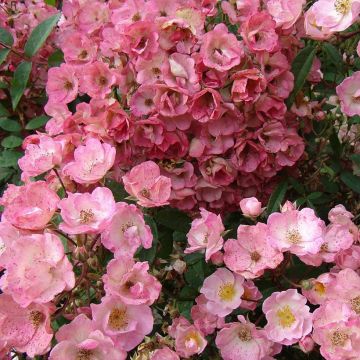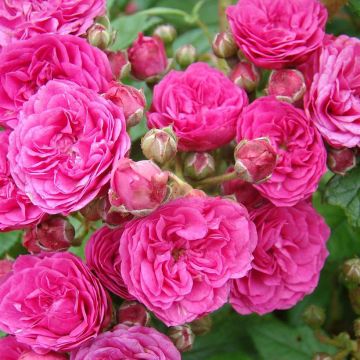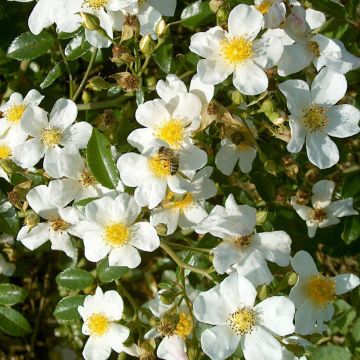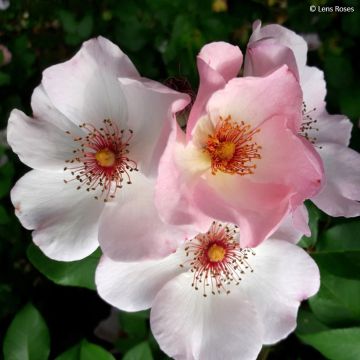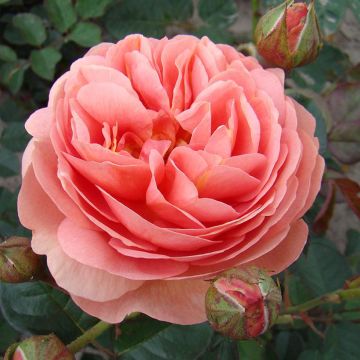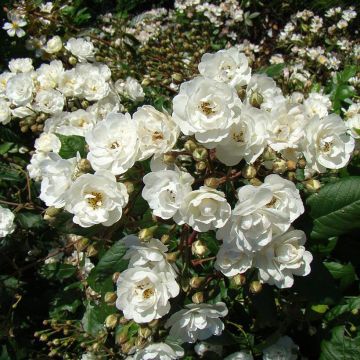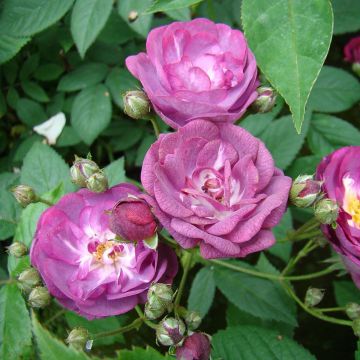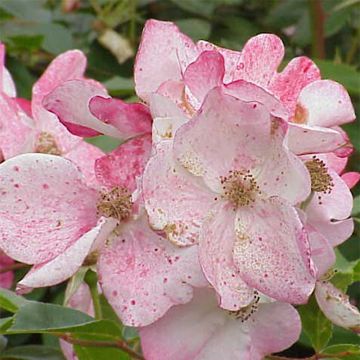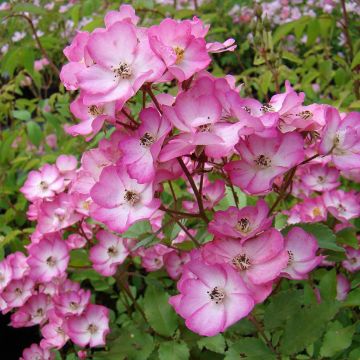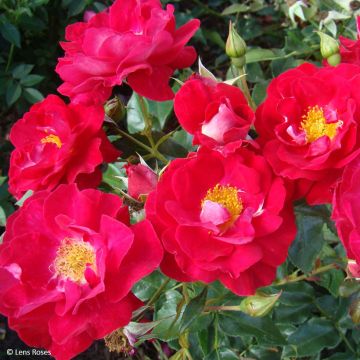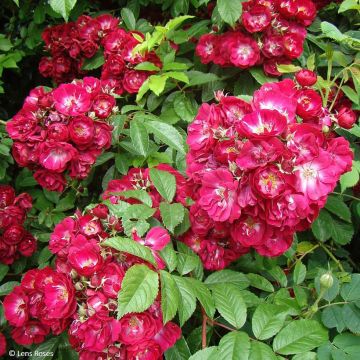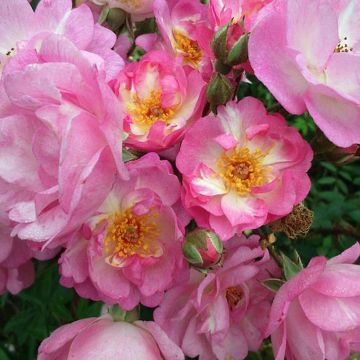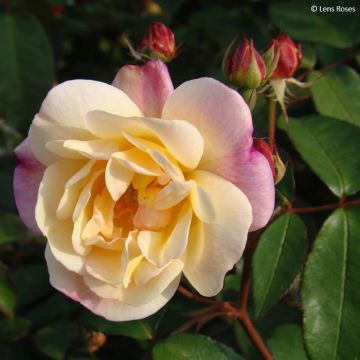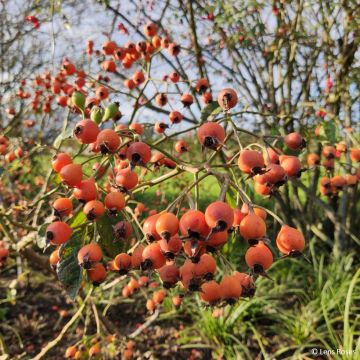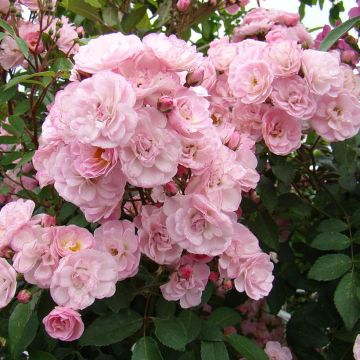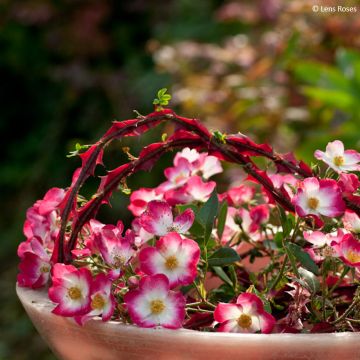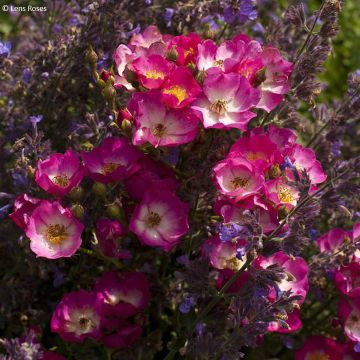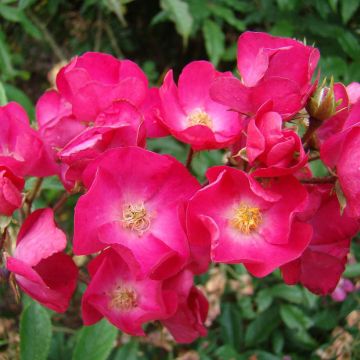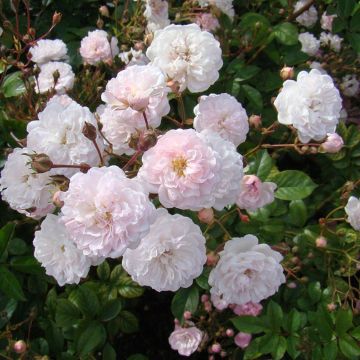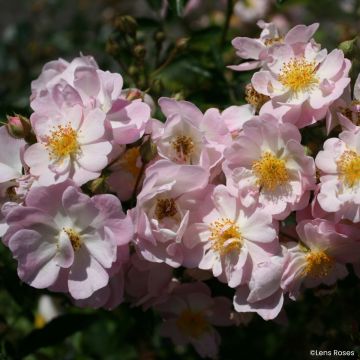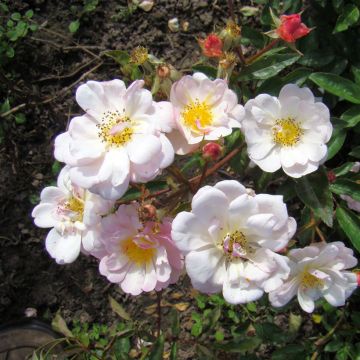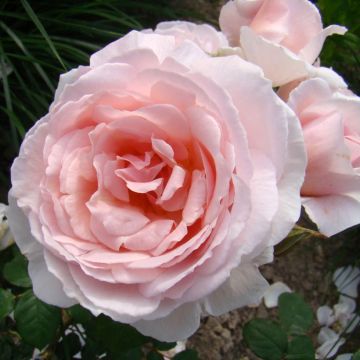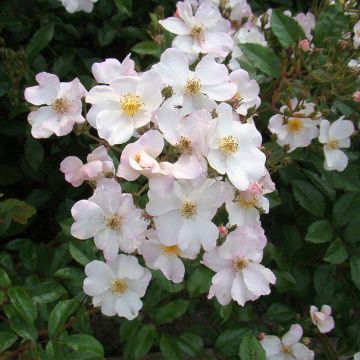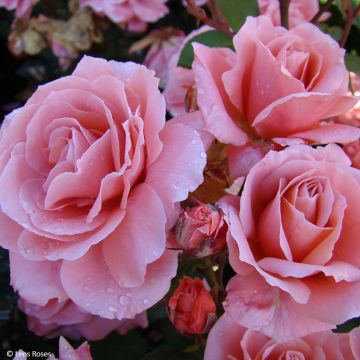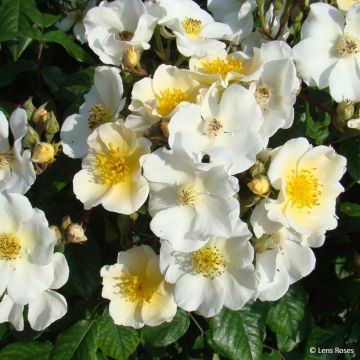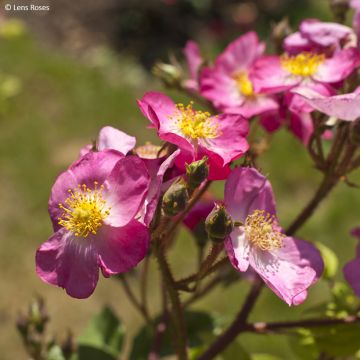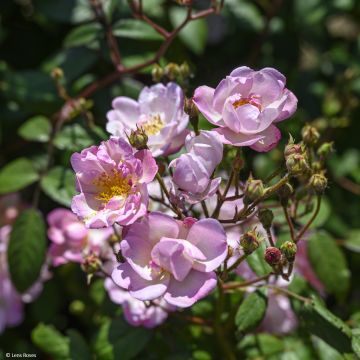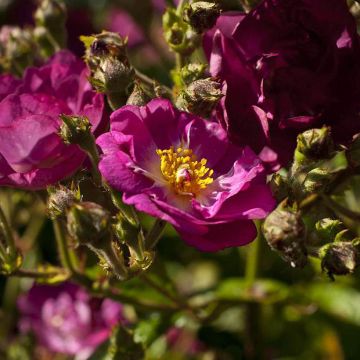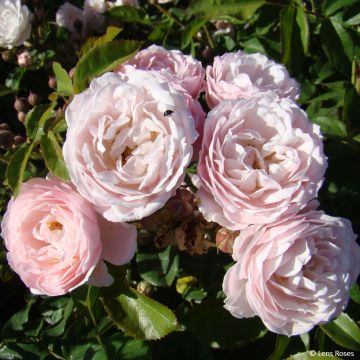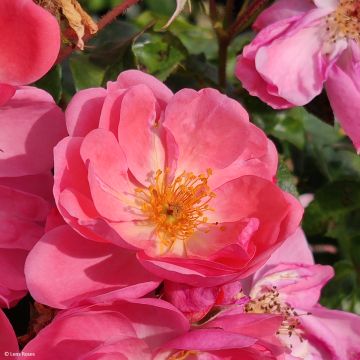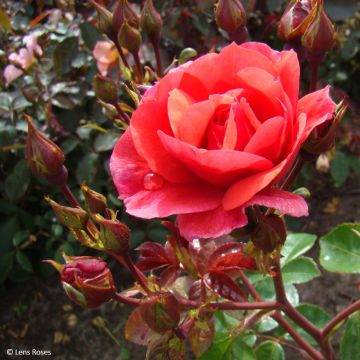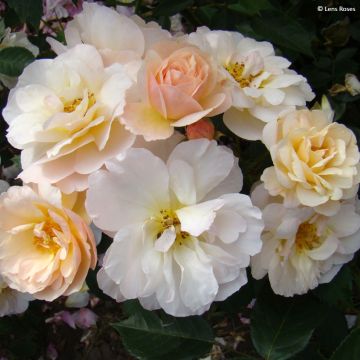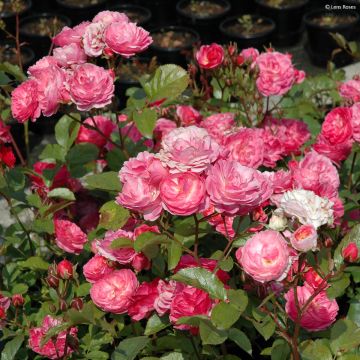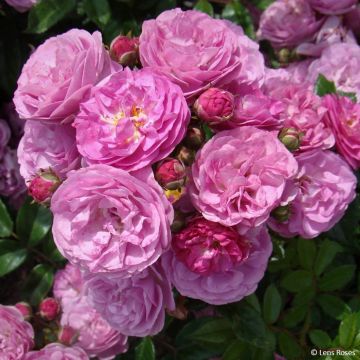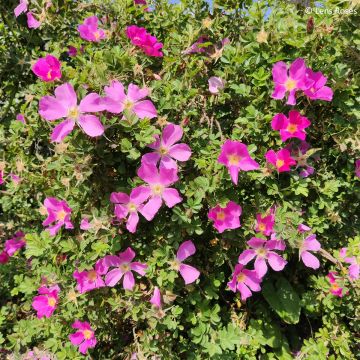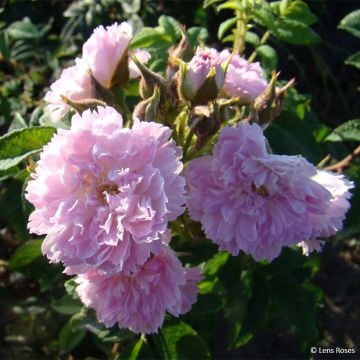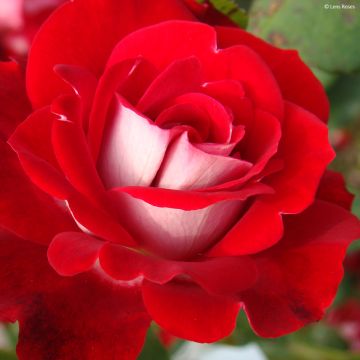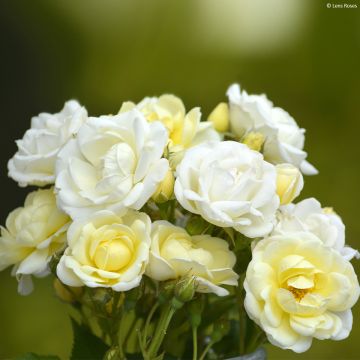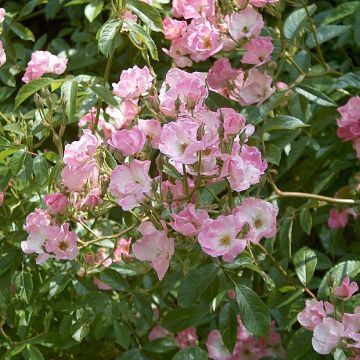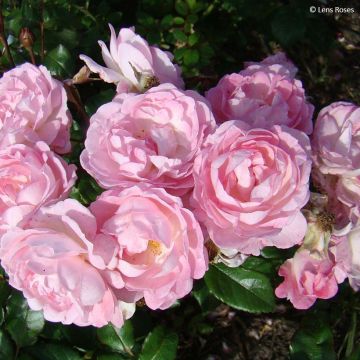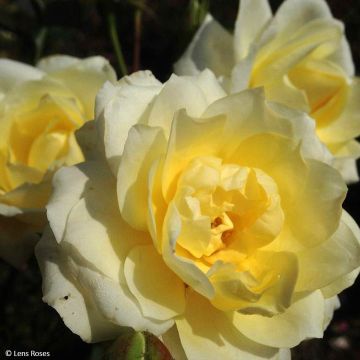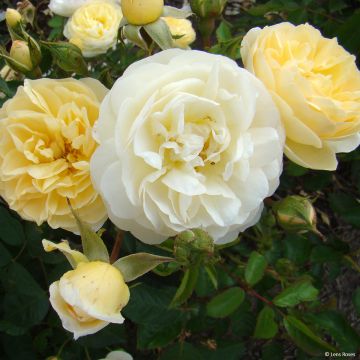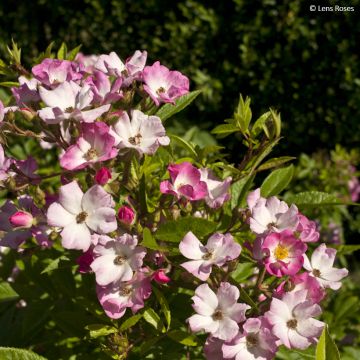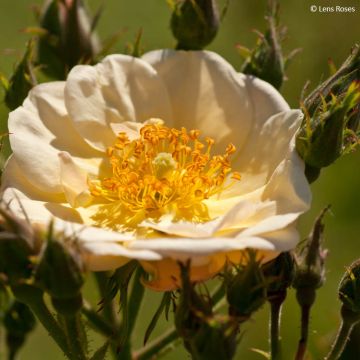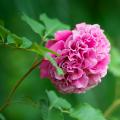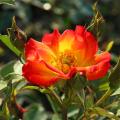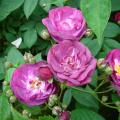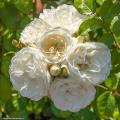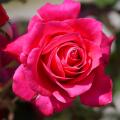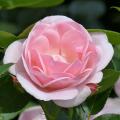Lens Roses
Would this plant suit my garden? Set up your Plantfit profile →
Available in 2 sizes
Available in 2 sizes
Available in 2 sizes
Available in 2 sizes
Available in 2 sizes
Available in 2 sizes
Available in 2 sizes
Available in 2 sizes
Available in 2 sizes
Available in 2 sizes
Available in 2 sizes
Available in 2 sizes
Available in 2 sizes
Available in 2 sizes
Available in 2 sizes
Available in 2 sizes
Available in 2 sizes
Available in 2 sizes
Available in 2 sizes
Available in 2 sizes
Available in 2 sizes
Available in 2 sizes
Available in 2 sizes
Available in 2 sizes
Available in 2 sizes
Available in 2 sizes
Available in 2 sizes
Available in 2 sizes
Available in 2 sizes
Available in 2 sizes
Available in 2 sizes
Available in 2 sizes
Available in 2 sizes
Available in 2 sizes
Available in 2 sizes
Available in 2 sizes
Available in 2 sizes
Available in 2 sizes
Available in 2 sizes
Available in 2 sizes
Available in 2 sizes
Available in 2 sizes
Available in 2 sizes
Available in 2 sizes
Available in 2 sizes
Available in 2 sizes
Available in 2 sizes
Available in 2 sizes
Available in 2 sizes
Historical creator of roses in Belgium, Lens Roses was founded in 1870 near Mechelen. Louis Lens' roses are known worldwide for their natural and charming style, as well as their great robustness. Louis Lens' touch has given our gardens Pascali, consecrated by the All American Winner in 1969, which remains to this day one of the most awarded and one of the most beautiful white roses. Also Dentelle de Malines, Dentelle de Bruxelles, Rush, Dame de cœur and Maria Mathilda, to name only the most famous ones. Let's not forget the many hybrids from Rosa moschata, neglected by many other rose growers, as well as descendants of Noisette roses and the botanical rose Rosa multiflora.
Louis Lens used these wild plants, and their resilient character and flowers have been passed on to their offspring; the trademark of Lens roses. Let's also mention the adorable Bouquet parfait, White Spray, the climbing Guirlande d’amour, Pleine de Grâce, Frisson frais, Neige d’été, Poésie, Sibelius… Roses acclaimed by all gardeners, beginners or experienced. Patricia Beucher, a gardening journalist, writes in her book 'Ancient Roses': 'Lens is the descendant of a great lineage of Belgian rose growers and his conversation is an unforgettable pleasure. Like the rose growers of yesteryear, he combines great knowledge, common sense, and a communicative passion for roses, all with a touch of dry wit...' Today, the Lens nurseries, taken over in 1992 by Rudy and Ann Velle-Boudolf, are still a reference.
Haven't found what you were looking for?






























